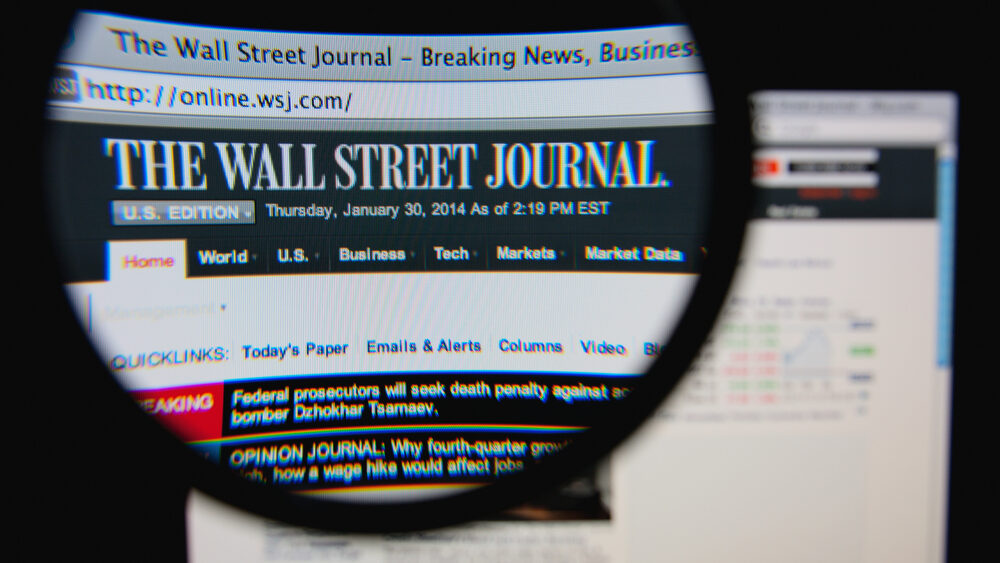
U.S. Economic Outlook: Why the Mainstream Is Wrong
In a well-written article, the Wall Street Journal predicts the U.S. is headed for a recession. Here’s why they are wrong.

In a well-written article, the Wall Street Journal predicts the U.S. is headed for a recession. Here’s why they are wrong.
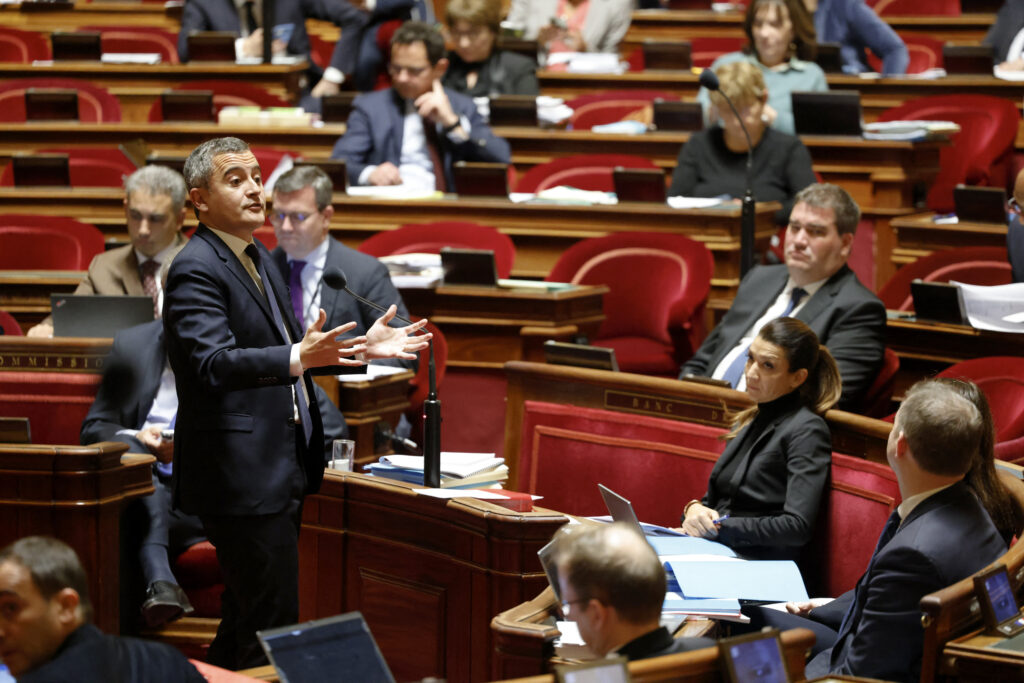
If Macron cannot win the support of conservatives, the Left could end up watering the bill down.

If in need of encouragement about the prospects for children in the West, familiarize yourself with these schools and, if possible, find ways to support them.

With two months left in 2023, the Federal Reserve and the ECB have struck a note of confidence with debt-market investors. This gives Europe hope as they slide into a recession, but will it help America avoid a fiscal crisis?
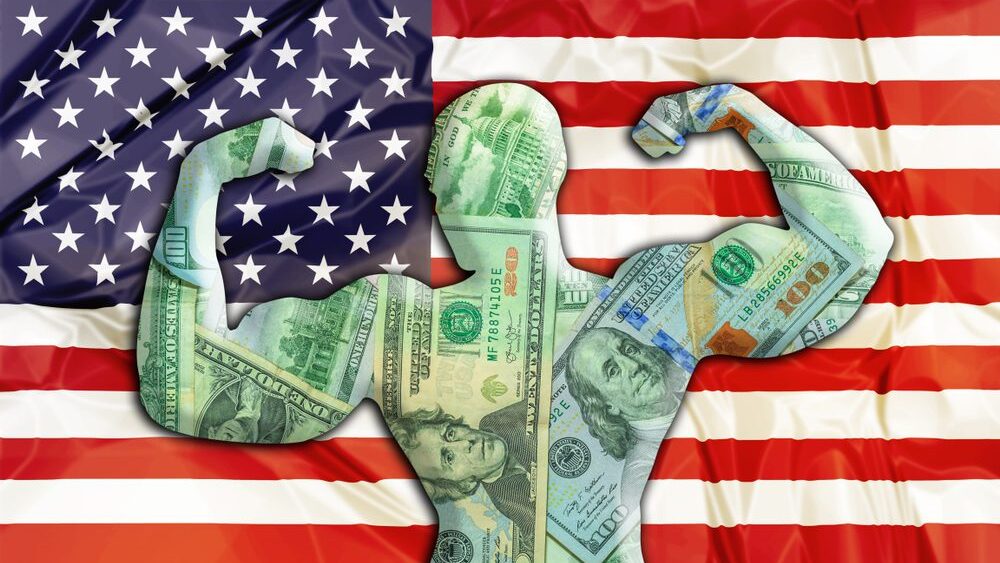
The doom-and-gloom pundits are wrong. The U.S. economy is in good shape, but there are three dark clouds lurking on the horizon.

Europe’s banks are in credit-crunch mode. The ECB’s decision to keep interest rates unchanged is meant to help, but it also raises the white flag on inflation.

A year from the 2024 election, commentators battle each other over the state of the U.S. economy. We go beyond the punditry. We have the facts.
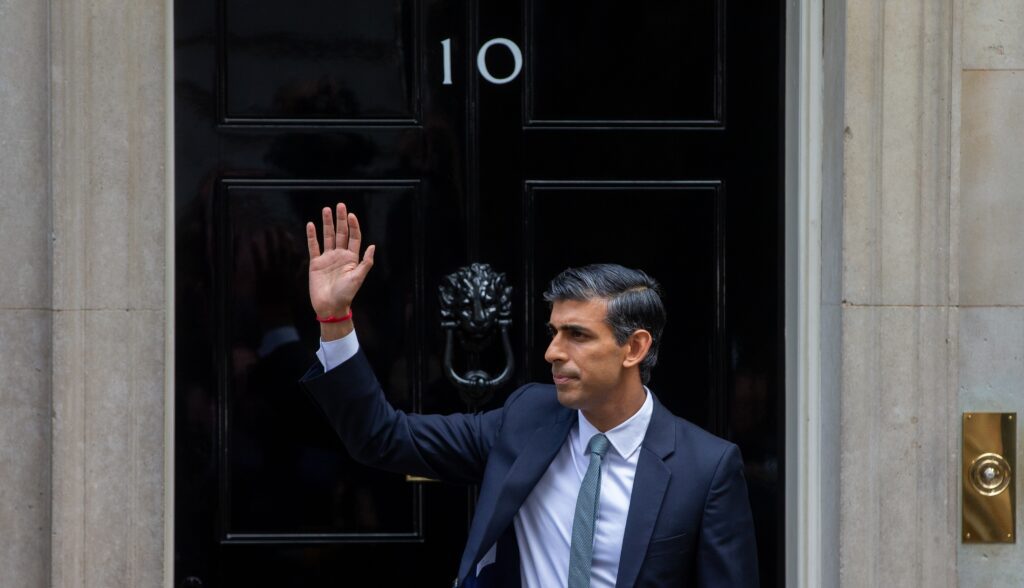
There is little to celebrate for the Tory leader.

More than three decades after the end of the communist GDR, the successor to the former state party is being ripped apart by internal divisions.
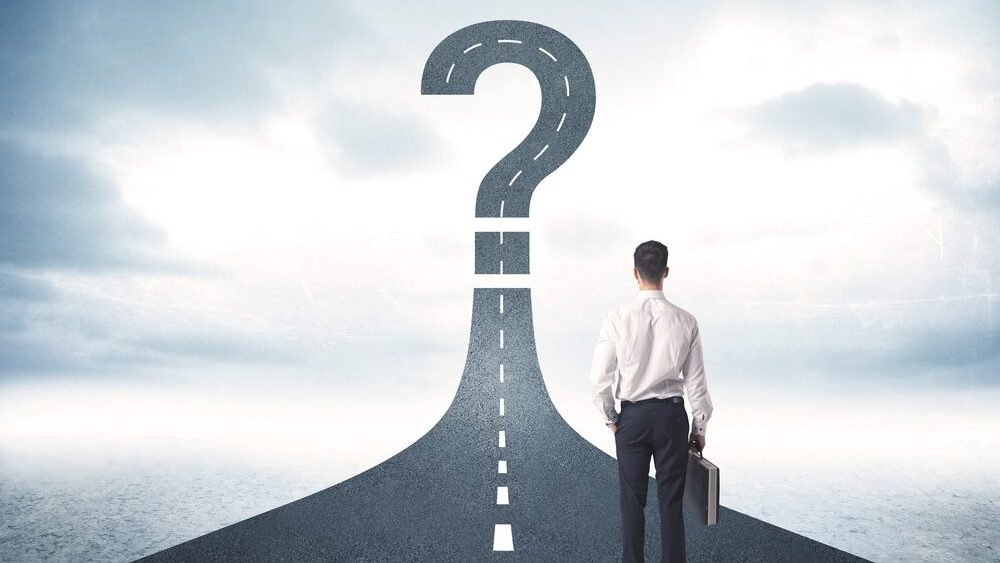
The proposed EU corporate profits tax will either become a power tool against recalcitrant member states or the most unpredictable cost item in any corporation’s finances.

A review of the economies of each of the 27 EU member states.

Apart from VOX, whose position as third largest party in the country and junior party in a future coalition with the PP is likely, a few more parties are worth mentioning.

A new economic forecast points with near certainty to a U.S. debt crisis in the near future.
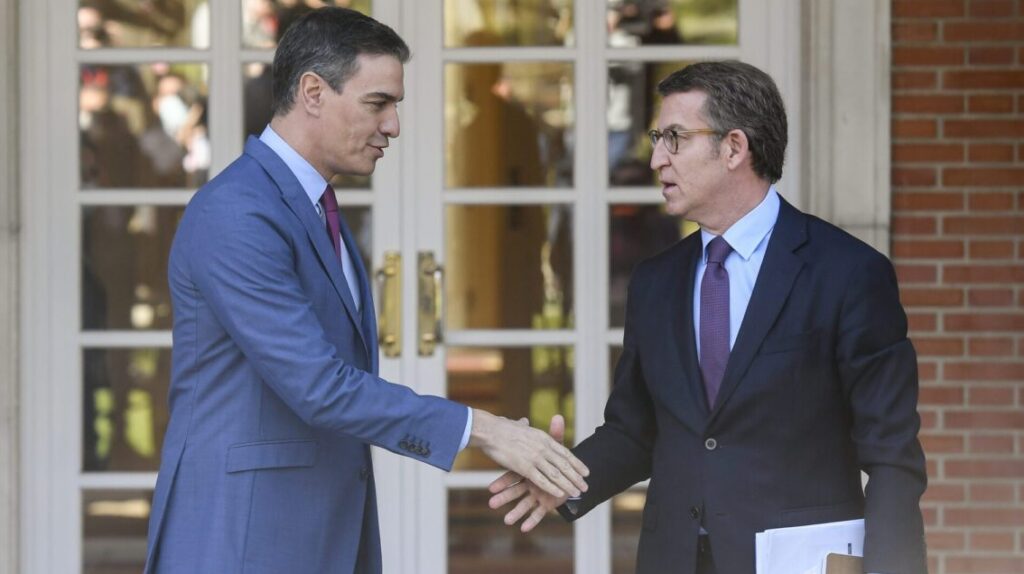
It is dubious that Spain’s likely PP-led government will allow VOX to steer it away from its commitments to the UN’s 2030 Agenda, or away from acting like a slightly less ‘woke’ PSOE.

As farmers lead backlash against environmental regulations, the political Right is poised to capture their vote.

Little did we know that, by 2020, the pandemic was almost two decades in the making. The Sunday Times’ investigative report tells an incredible tale of American money, Chinese secrecy, and unrestrained human hubris.

There was a lot of media attention recently to Germany being in a recession. The only problem is that those who said so, were wrong. Here is why.

How is NATO going to respond to the problem with its rapidly depleting stockpiles of military hardware? They can’t spend more money.
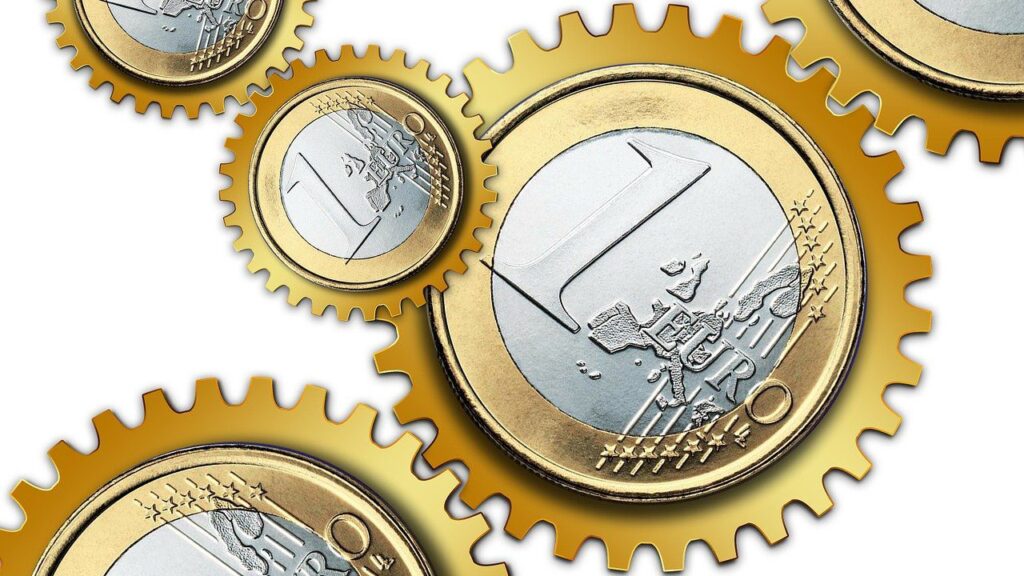
Judging from the comments by central bank president György Matolcsy, Hungary could join the euro in 2030 or soon thereafter. Would such a membership be good for Hungary?

There are those who want to force humanity into ‘degrowth.’ That is a dangerous path to go down, and it is unnecessary. Our capitalist economy is becoming more and more efficient over time. In short, it is doing more with less.
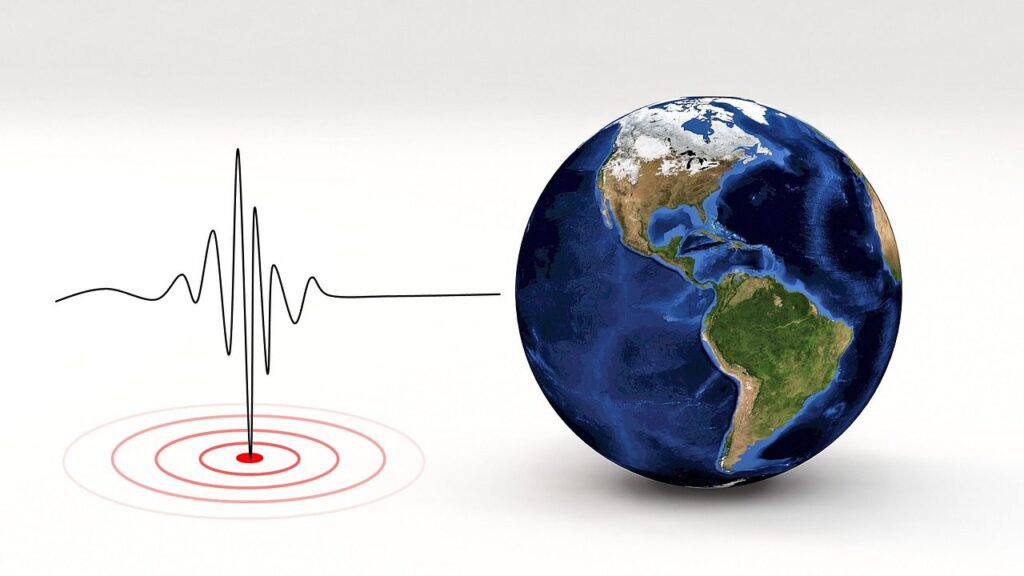
Can the U.S. government and its allies prevent a determined group of countries from de-dollarizing and significantly hurting the U.S. economy in the process? How would de-dollarization be affected if the unthinkable happens and Russia wins in Ukraine?

The new debt-ceiling deal has its merits, but it also kicks the big spending reform can down the road. It also ignores the broader threat to the U.S. economy: de-dollarization. On that front, there is one event that could end dollar hegemony with one stroke of the pen.